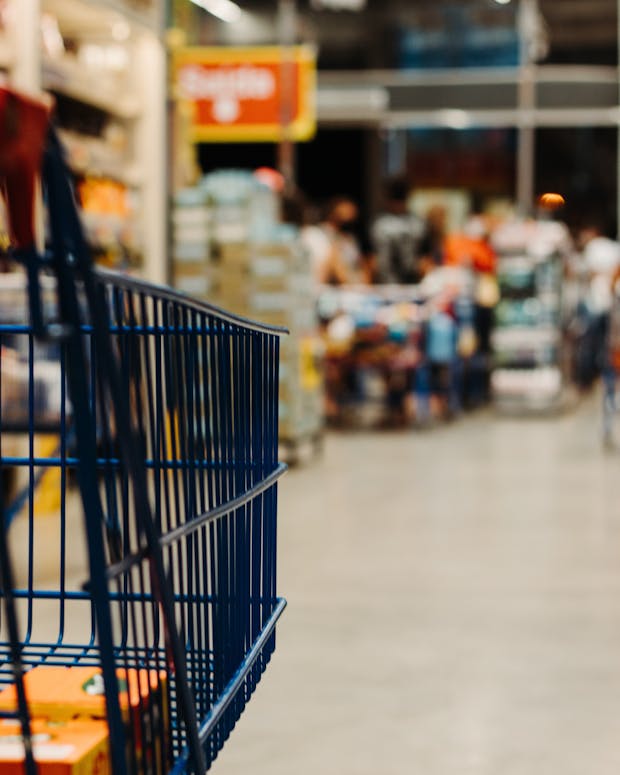FMCG moves into the fast lane

FMCG moves into the fast lane
if you go shopping at a supermarket, you tend to indulge yourself a little more than you would online. something near the checkout counter catches your eye and makes its way into your basket. now that the country has started to open up, these little decisions are helping grow the fast moving consumer goods industry.
the results are reflected in the numbers. after declining in the consecutive months of April (16.2%) and May (31.6%), FMCG sales have bounced back sharply to register a 23% jump in the first three weeks of June.
FMCG companies are better prepared to tap into the demand, thanks to the lessons learnt from last year’s lockdown which forced them to evolve.
how have they evolved?
one of the biggest shifts in consumer preferences during the lockdowns has been to buy more from local kirana shops. this trend has been picked up by large companies. they are now suggesting kirana stores use technology to keep stock and optimise inventory.
but it is not just technology in stores that’s helping companies change. it is also the use of tech on factory floors. large FMCG companies have also used this lull to automate their factories to increase efficiency.
usually, FMCG companies have to rely on a complex web of wholesalers, regional retailers and modern retail to reach its customers. that part of the business is now changing. the question they ask is that if a startup can sell directly to customers, so can they. Tata and ITC have launched their own platforms and logistics networks to sell directly to customers.
many companies have also become leaner by optimising their stock keeping units (SKUs - the code used to identify each individual product). it’s estimated that every month over 1,000 new products are launched in India, out of which <10% survive. the increased flow of real-time data has helped companies make better choices.
this trend has been spotted by the market too. FMCG stocks have responded to the recovery, and appear to be on an upward trajectory. inflation may cause issues but reliance on data analytics and technology will help these companies withstand the storm.



